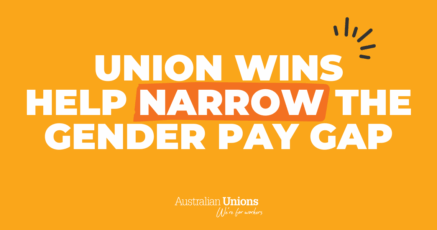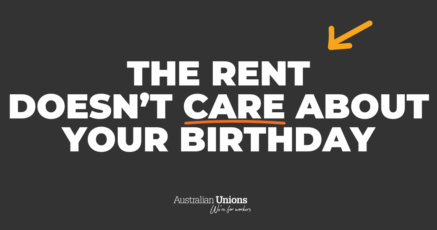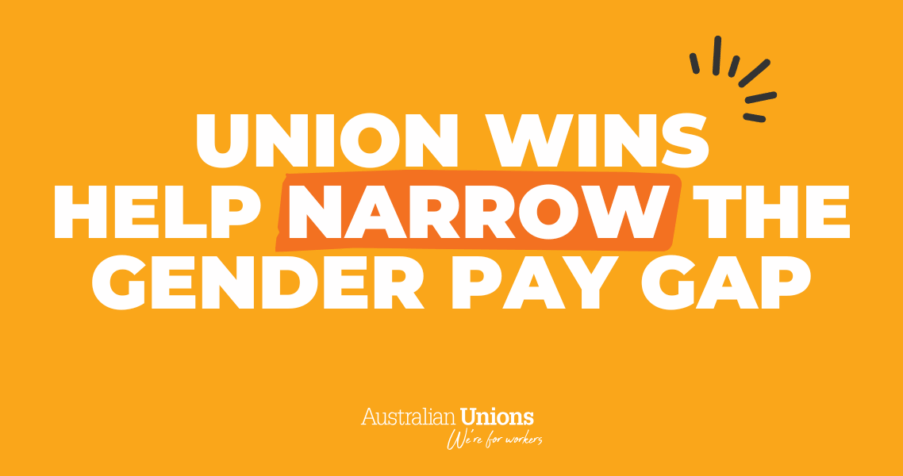Every year, the Fair Work Commission (FWC) reviews the National Minimum Wage and Awards wages to decide if they should be increased.
And every year, the union movement is the biggest voice for working people in the debate, and submits a claim for a fair increase.
This year our claim is for a 5% rise, because the lowest-paid workers – the ones hardest hit by inflation – need a 5% pay increase to begin to make up for the real wage losses over the last decade.
A 5% pay increase would make a meaningful difference in the lives of 2.9 million Australian workers earning minimum or award wages.
Announced this week, union members are also calling for workers in key low-paid feminised industries, to receive an interim pay rise of 9%, pending a full assessment.
This additional targeted increase of at least 4% would be a critical step in achieving equal pay for workers in occupations that historically have been undervalued based on gender.
Big business is not on the side of working people
Big business and employer lobby groups have other ideas though.
Despite Australia’s largest companies posting record profits time and time again, their competing submissions are calling for workers to receive a pay rise of no more than 2% – in other words: they are shamelessly advocating for the workers that are already struggling the most, to receive an “increase” that would actually result in a real wage cut, when taking into account the cost-of-living.
Is it really a surprise that these big business leaders and lobbyists are so out of touch with the lived experience of workers? After all, chief executives at Australia’s biggest companies are earning 55 times more than a typical worker.
A targeted 9% pay rise for low-paid workers in feminised industries
For too long, workers in industries like early childhood education, health support services, veterinary care and disability home care – the majority of them women – have seen their work undervalued, real wages going backwards.
Achieving equal pay for women requires systemic change through targeted pay rises in historically low-paid industries traditionally dominated by women.
Which is why unions are calling for a 9% pay rise for workers in key feminised industries as part of this year’s wage claim.
This would be an interim measure, with the expectation that a comprehensive review is conducted to assess how far behind wages really are in these industries, and to rectify this urgently.
A 9% pay increase for workers in feminised industries is a vital step towards properly valuing the essential worker women do for our community, such as educating the next generation and caring for our loved ones.
A 5% rise for minimum and award wage earners, and an additional 4% for workers in feminised industries, is fair and reasonable.
We know that this modest increase would have no negative impact on inflation and businesses can afford it, especially considering profit levels are well above pre-pandemic levels.






SHARE:
Feminised industries need systemic change and targeted pay rises